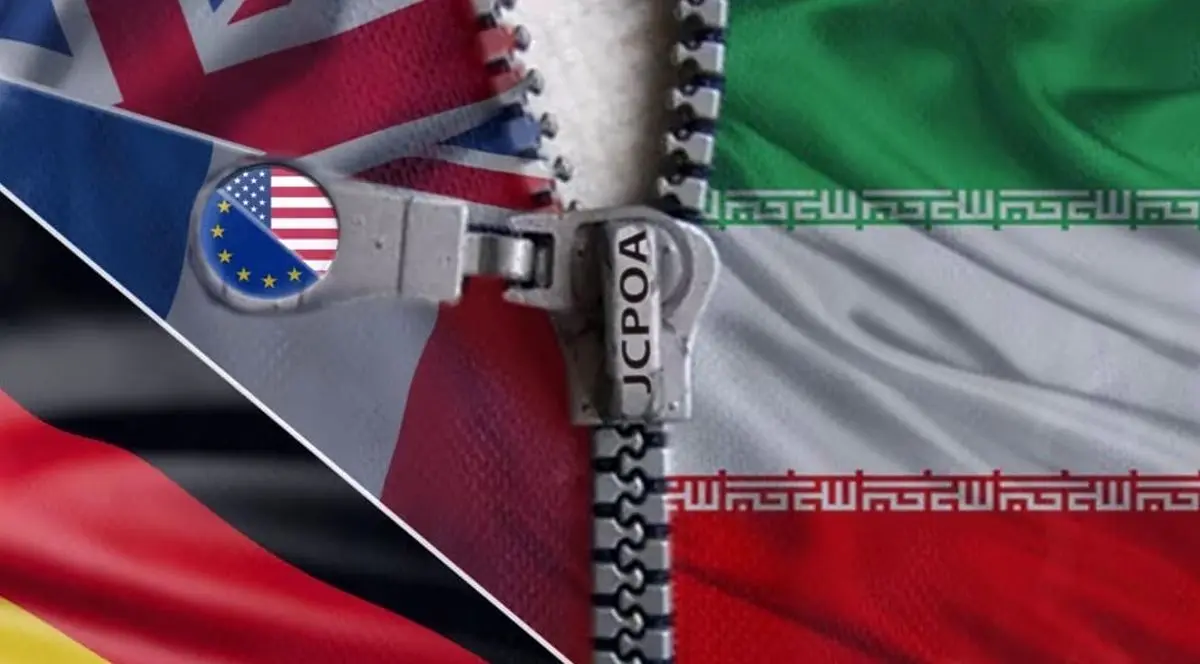SAEDNEWS: France, Germany, and the UK have officially warned that they will activate the “snapback” mechanism to reinstate UN sanctions on Iran if Tehran does not resume nuclear negotiations by the end of August. The European trio claims a clear legal right to this step, citing Iran’s deliberate breach of commitments since 2019.

According to a letter from the foreign ministers of France, Germany, and the United Kingdom to the UN Secretary-General—of which a copy was obtained by the Financial Times—these three European powers formally stated that if Tehran does not resume nuclear negotiations by the end of August (8 Shahrivar), they are prepared to activate the “snapback” mechanism and automatically reinstate sanctions against Iran.
As reported by Asr Iran, on Tuesday, August 12, the foreign ministers informed the United Nations that if Iran does not restart talks over its nuclear program with the international community, they are ready to trigger the mechanism to reinstate sanctions.
The letter states: “We have made it explicitly clear that if Iran shows no willingness to reach a diplomatic solution by the end of August 2025, or fails to use the opportunity for an extension, these three countries are prepared to activate the automatic snapback mechanism.”
The letter, addressed to UN Secretary-General António Guterres, was signed by French Foreign Minister Jean-Yves Le Drian, German Foreign Minister Johan Wadafoul, and British Foreign Secretary David Lammy.
Activating the snapback mechanism under the JCPOA would effectively reinstate UN sanctions on Iran that had been lifted under the agreement. According to the JCPOA provisions, and given the U.S. withdrawal from the deal, if none of the remaining parties—France, the UK, Germany, Russia, and China—trigger the mechanism by October 18, the sanctions would fully expire.
Last month, during talks in Istanbul, the European trio informed Iran that if Tehran agreed to resume negotiations with the U.S. and cooperate with the International Atomic Energy Agency (IAEA) before September, the August deadline for activating the snapback could be extended. A Western diplomat described these negotiations as “difficult.”
On Tuesday, the European trio also stated that Iran had left their proposal for an extension “unanswered.”
According to the foreign ministers, a “limited extension” while preserving the ability to reinstate sanctions would provide more time for discussions aimed at reaching a new nuclear agreement.
After the Istanbul meeting, Iranian Foreign Minister Abbas Araghchi told the Financial Times that the European trio had no “legal or moral basis” for activating the mechanism and warned that Iran would exclude the European countries from future nuclear talks if it proceeded.
Araghchi accused the European trio of failing to fulfill their commitments under the agreement and said that the snapback mechanism “no longer matters.” He added: “Currently, there is no reason to negotiate with the Europeans, because they cannot lift sanctions and cannot do anything. If they activate the snapback, that means their path is over.”
In their letter, the foreign ministers of France, Germany, and the UK emphasized that they have a “clear and unambiguous” legal right to reinstate sanctions against Iran, citing Tehran’s deliberate departure from its JCPOA commitments since 2019.

